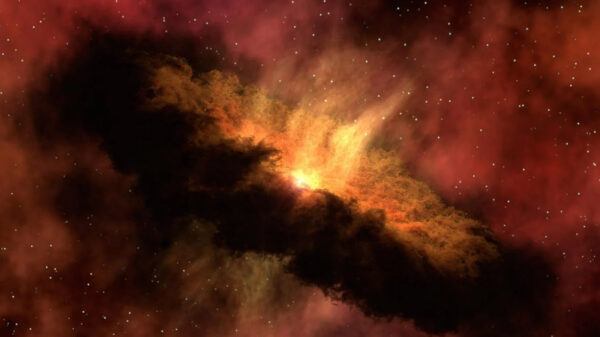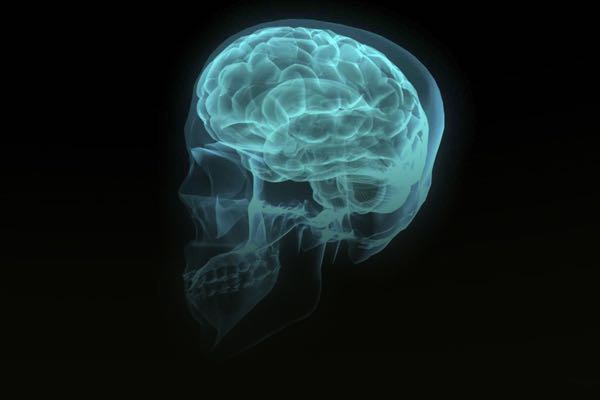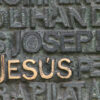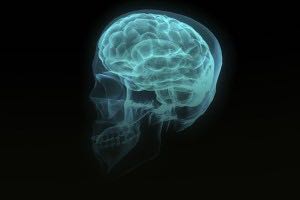
Materialists (those who reject non-material entities) typically reject such dualistic explanations. If dualism is true, the source for nonmaterial mind cannot come from “inside the room” of the material universe, and this, in and of itself, is objectionable to those committed to atheistic, material explanations. As a result, atheists have offered several objections to dualism. In this article, I’d like to examine just one of them to discover if it minimized the strength of the Christian explanation of reality:
Objection: Dualistic Interaction Is Difficult to Understand, Therefore Dualism Is Untrue
The “interaction problem” is perhaps the largest obstacle for dualist explanations. Dualists believe the mind is completely distinct from the brain yet interacts with it in some way. But how precisely does this occur, especially given the nonmaterial nature of the mind? The laws of physics explain the causal interactions between physical objects, but how can a nonmaterial mind interact with a material brain? In response to this objection, philosophers have historically offered a variety of explanations, including “occasionalism,” “parallelism,” and “epiphenomenalism” (read God’s Crime Scene for more on these definitions).
But even without certainty related to the specific way in which the mind relates to the brain, this objection alone fails to exclude dualism from consideration. Our lack of understanding about how the mind interacts isn’t prohibitive evidence against this interaction. If dualism is true, we must look to a source external to the physical universe to explain the existence of the mind. This opens the door to the reasonable existence of God and, as a result, extra-natural explanations for the interaction between mind and brain.
However, even without pondering the Divine, there are several examples of causal interactions here in our universe for which we have less than complete understanding. Magnetic fields act on objects, as do gravitational forces. In both cases we have no doubt about the causal interaction between entities, yet we have less than complete understanding about the precise nature of these interactions. And in both cases, the nature of the causes and the character of the effects appear to be substantively different, just as the nature of the mind and the brain are fundamentally different.
I’ve edited and excerpted this brief summary from my expansive (and referenced) investigation in God’s Crime Scene. Any effort to deny the distinct differences between mental states and brain states simply ignores the evidence, errantly redefines the nature of the mind, or suffers from a logical inconsistency (three flaws common to false arguments in most criminal trials). Dualism remains the best explanation for our common experience of consciousness in spite of the “interaction problem.” The best explanation for the existence of non-material consciousness is the existence of a non-material mind who created us in his image:
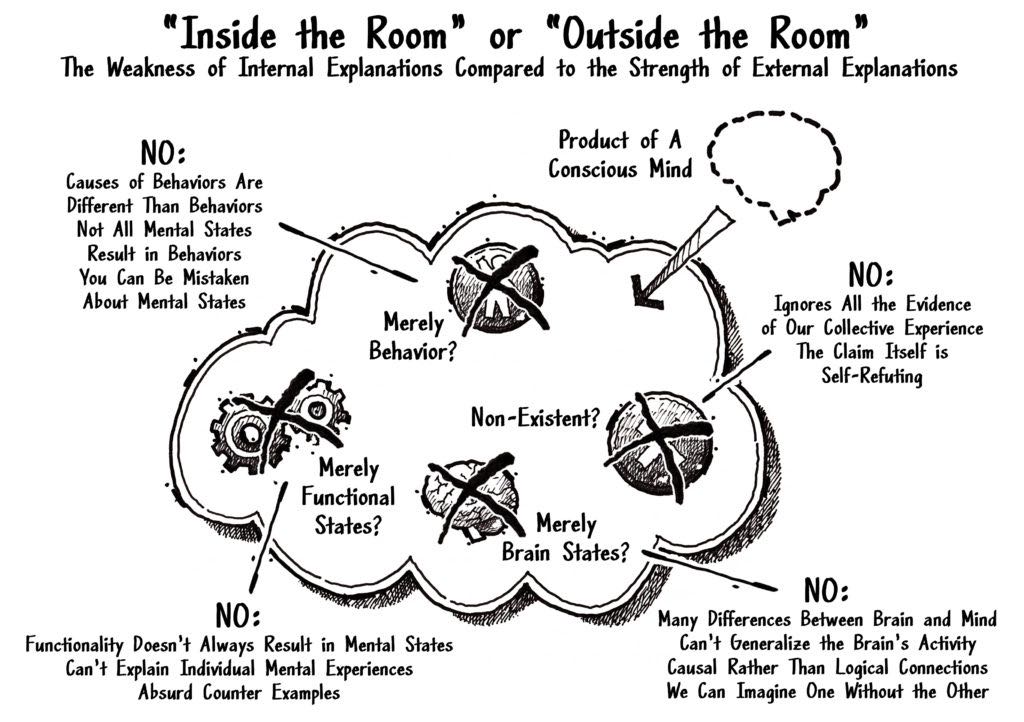
An Illustration from God’s Crime Scene
Atheism simply cannot adequately explain our experience of mind. If, however, there is an all-powerful mind who created the universe and conscious creatures in His image, consciousness is not only reasonable but inevitable. Atheism simply cannot adequately explain our experience of mind. If, however, there is an all-powerful mind who created the universe and conscious creatures in His image, consciousness is not only reasonable but inevitable. Click To Tweet

J. Warner Wallace is a Dateline featured Cold-Case Detective, Senior Fellow at the Colson Center for Christian Worldview, Adj. Professor of Christian Apologetics at Talbot School of Theology, Biola University, author of Cold-Case Christianity, God’s Crime Scene, and Forensic Faith, and creator of the Case Makers Academy for kids.
Subscribe to J. Warner’s Daily Email
J. Warner Wallace is a Dateline featured cold-case homicide detective, popular national speaker and best-selling author. He continues to consult on cold-case investigations while serving as a Senior Fellow at the Colson Center for Christian Worldview. He is also an Adj. Professor of Christian Apologetics at Talbot School of Theology, Biola University, and a faculty member at Summit Ministries. He holds a BA in Design (from CSULB), an MA in Architecture (from UCLA), and an MA in Theological Studies (from Gateway Seminary).
















